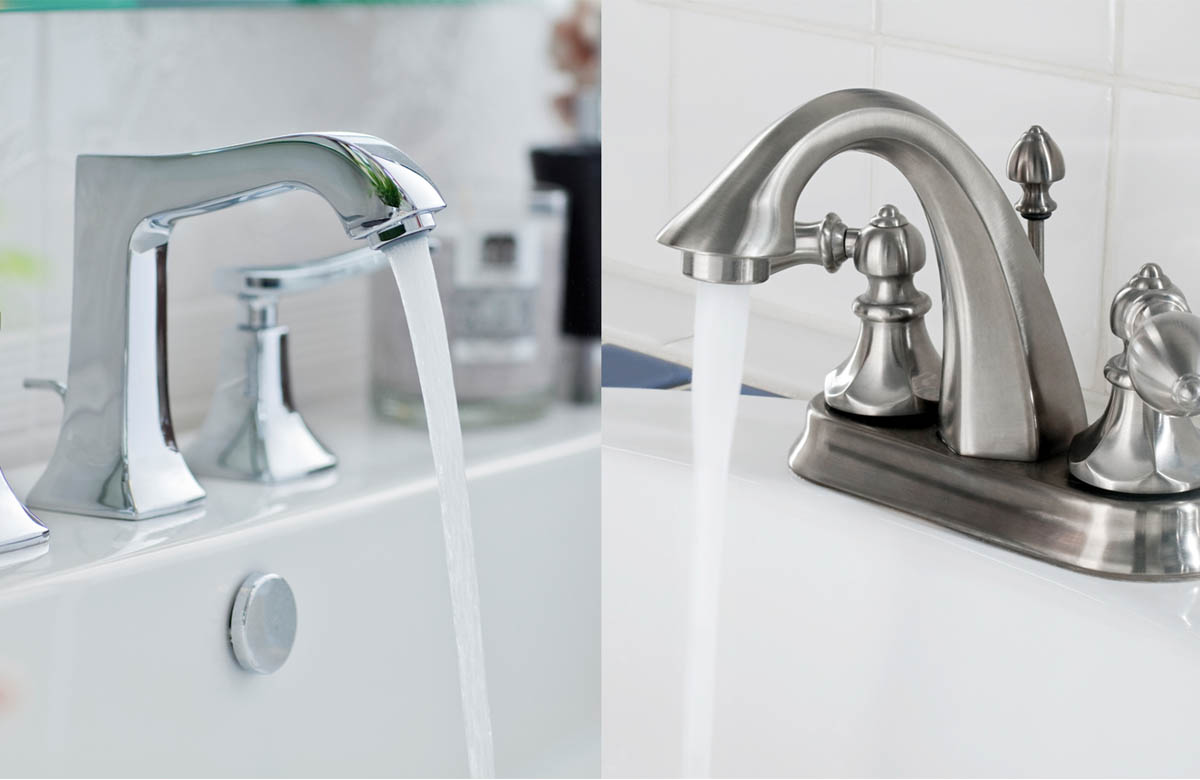We may earn revenue from the products available on this page and participate in affiliate programs. Learn More ›
Updating hardware and fixtures such as faucets, taps, and cabinet pulls can change the look of your kitchen or bathroom, but choosing a finish can be a challenge with so many options available. Two affordable, consistent, and versatile choices are chrome and brushed nickel. Classic rather than trendy, both of these metal finishes can suit a wide variety of decor styles from modern to traditional. They’re also both neutral enough to match with other accessories such as towel rings and toilet paper holders.
But the two finishes do have their differences. When deciding between chrome and brushed nickel, it’s important to consider design factors, durability, and maintenance. Read on to see the two finishes go head-to-head—chrome vs. brushed nickel. Understanding the pros and cons of each to see will help you choose the right finishing touch for your new kitchen faucet, bathroom faucet, hardware, or other room upgrade.
Brushed nickel has a muted shine, while chrome tends to be brighter and more reflective.
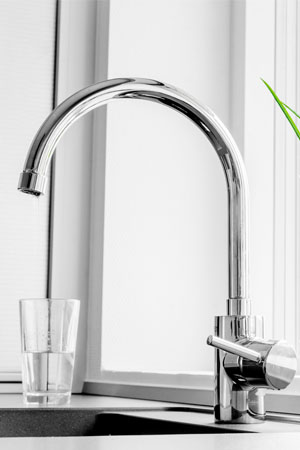
One significant difference between brushed nickel and chrome is the look of the metals. Polished chrome will be shiny and bright, reflecting light from its surface due to chrome electroplating over the base metal. Brushed nickel is more subdued, with a slightly matte appearance, having been treated with a wire brush to dull the shine with texture. The look can also vary depending on the manufacturing process, affecting the tone due to plating variability and the density of the nickel used. The brushed quality of the nickel can lend itself to a more traditional design, while chrome is seen as more modern.
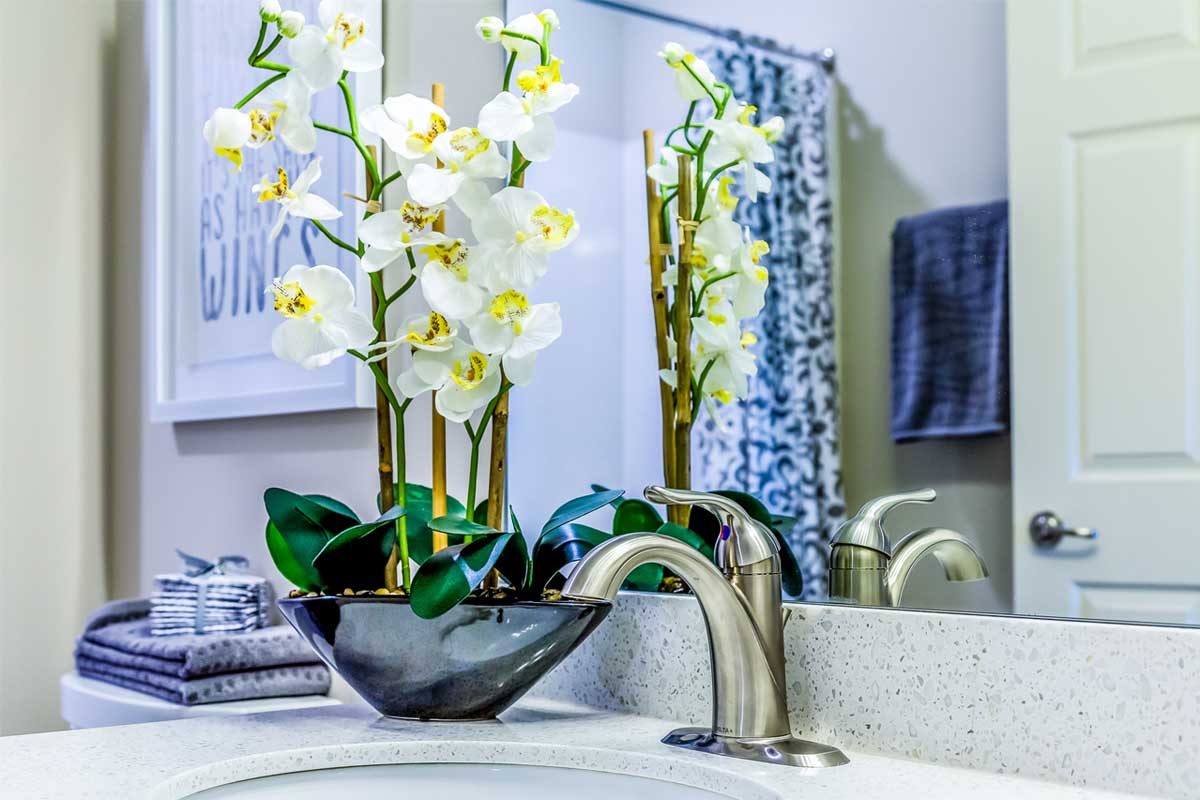
Brushed nickel complements warmer colors while chrome works best with cooler tones.
A cool color scheme can be soothing and refreshing, including blues, greens, and light purples. A warmer one featuring oranges, reds, and yellows, or a combination of these, generally creates a cozier feel. Chrome plating gives metal a slightly blue tint, while nickel has a natural yellow or white shine. While both are cool colors, brushed nickel appears warmer, mainly due to its toned-down textured quality. Therefore, if your design plan includes a bright, modern look, cooler chrome might be a better bet. If you’re after a warmer, more traditional vibe, brushed nickel could be the winner.
Chrome and brushed nickel have minimal price differences.
Chrome has long been known as the most affordable finish, even though it often pops up in high-end projects. Brushed nickel used to be sold at a slightly higher price point, but in more recent times, there isn’t much of a cost difference between the two. Variations on price often come down to the style of the fixture and the manufacturer. However, both options are generally more affordable than other finishes, such as polished brass and oil-rubbed bronze.
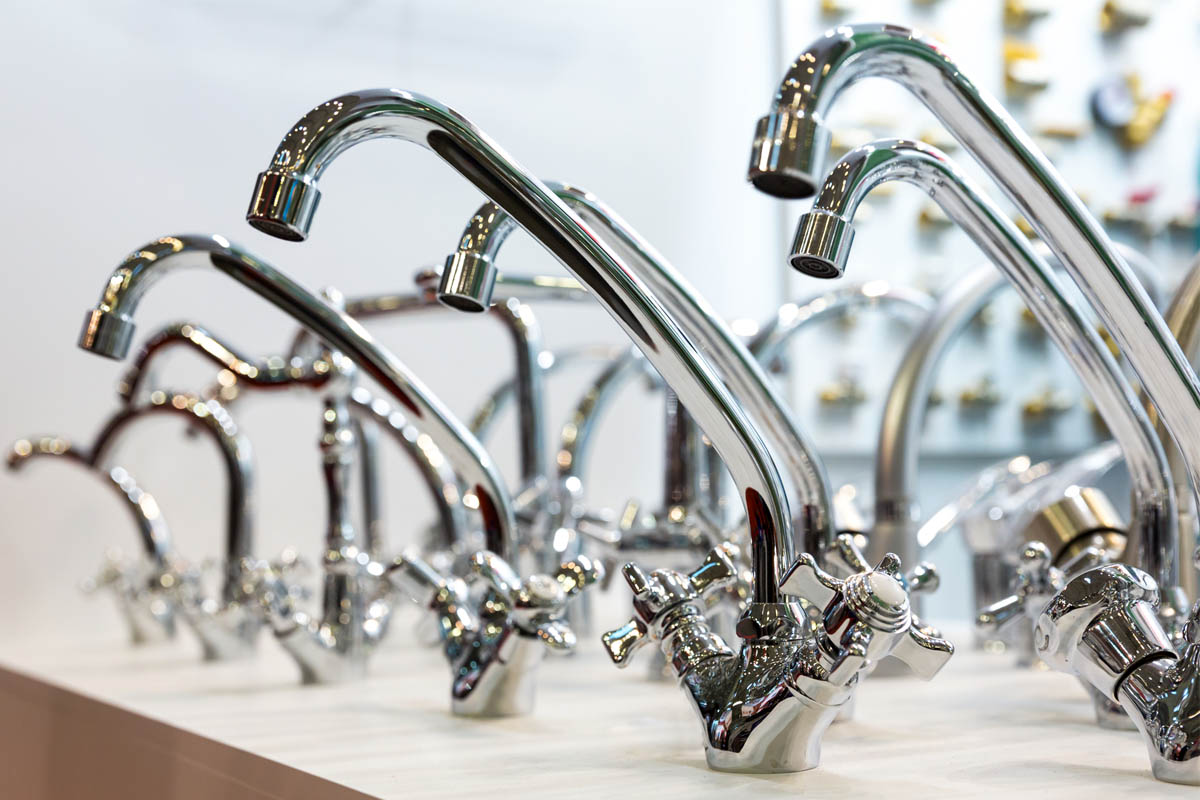
Both chrome and brushed nickel are corrosion resistant, though nickel can tarnish more easily.
Chrome and brushed nickel are both durable finishes, but each is susceptible to wear and tear depending on the application of the finish to the metal, as well as its care and cleaning. Brushed nickel can develop a milky white tarnish over time with age and exposure, particularly in bathrooms due to the humidity. Cleaning with a soft cloth and a solution of white vinegar and water or other mild cleaner will help remove tarnish.
Polishing brushed nickel fixtures with a metal polish or paste wax may get rid of heavier tarnish, but check with your manufacturer’s care guidelines before choosing products.
Chrome can be susceptible to damage if the finish was poorly applied or if it gets scratched from cleaning improperly (see the right way to maintain chrome, below). Once chrome is cracked or damaged, it loses its protective abilities and is susceptible to rust and corrosion. Should that happen, it will require thorough cleaning.
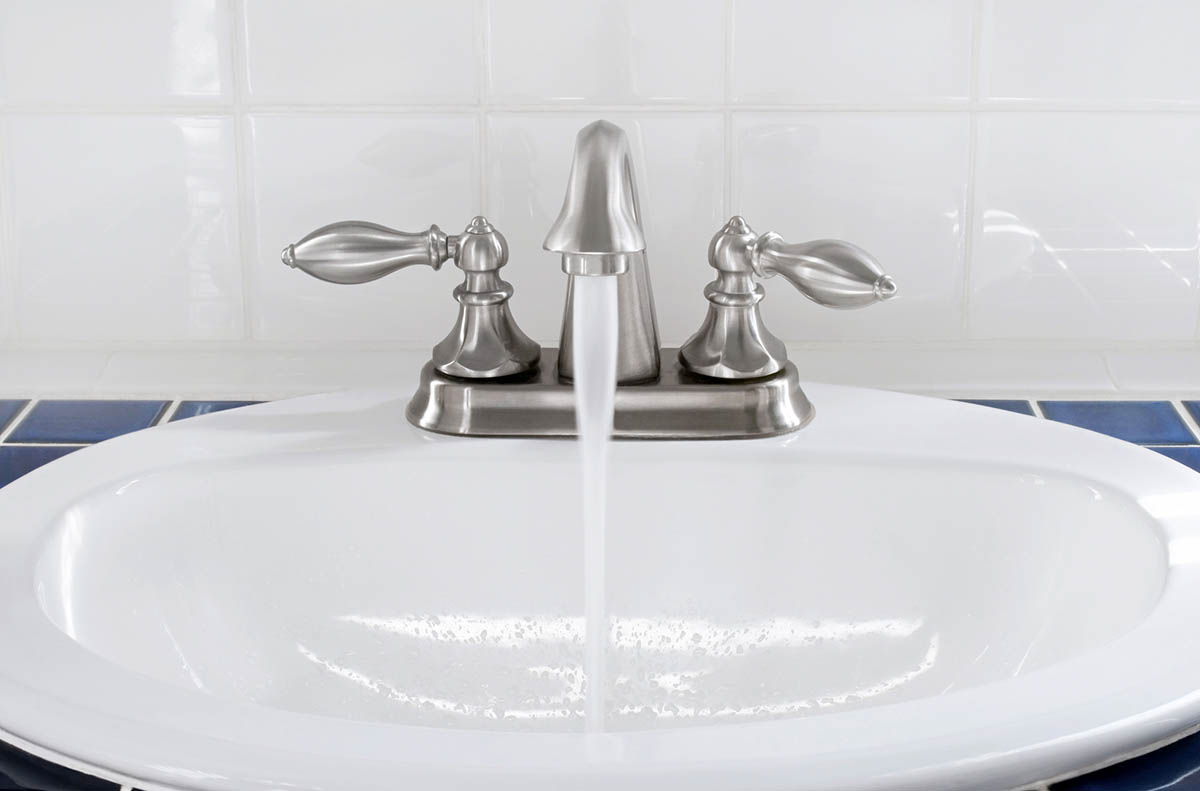
Brushed nickel hides water marks and fingerprints better than chrome.
Fingerprints are the bane of kitchen and bathroom fixtures. So are those small white marks that show up when water dries on metal surfaces. Fortunately, the textured nature of a brushed finish can hide these spots, smudges, and splotches quite well. Bright and shiny chrome, however, tends to intensify such everyday blemishes, requiring more persistence to keep it gleaming. Try this cleaning hack: Rub a piece of waxed paper over chrome fixtures so that the unnoticeable residue left behind prevents water spots and fingerprints from showing.
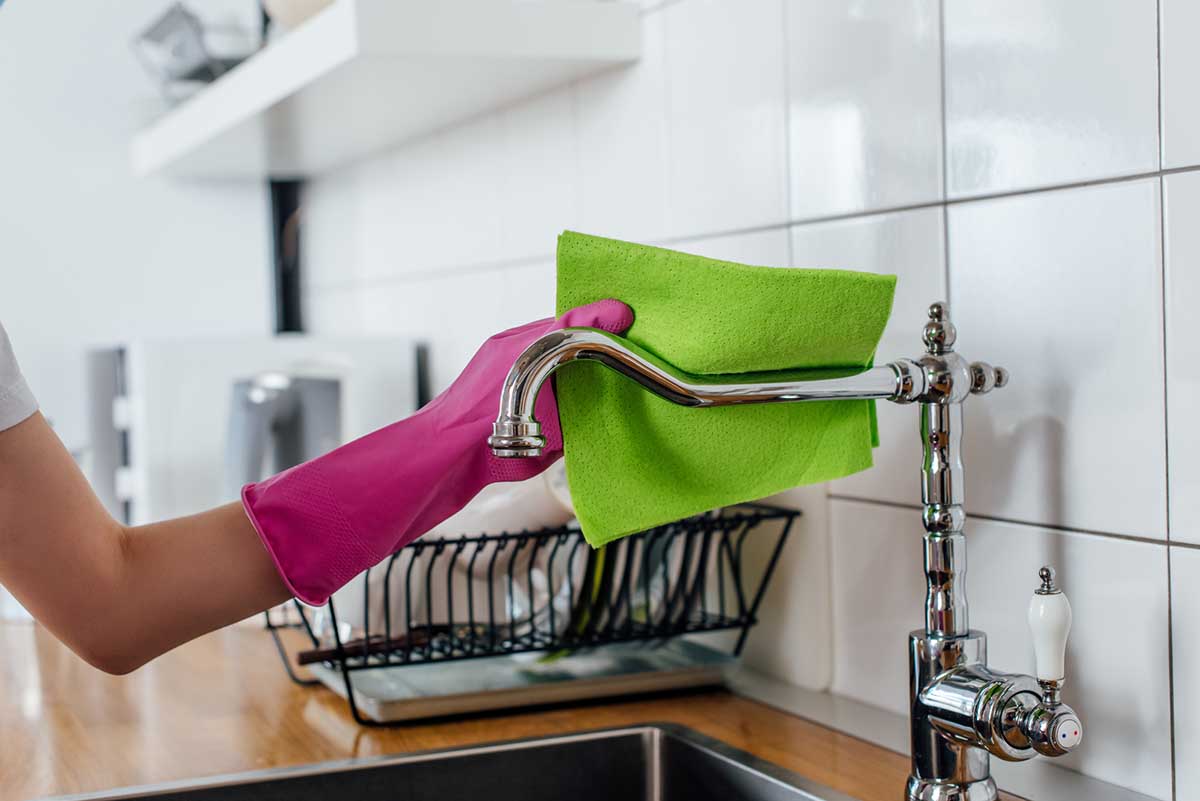
Chrome requires more maintenance.
A soft metal that can be scratched easily, chrome requires a bit more TLC than its more matte competitor. When cleaning, avoid chemical cleaners such as ammonia-based products or bleach and harsh scrubbers like steel wool. Opt instead for simple soap and water or a one-to-one ratio of white vinegar and water (this will work on brushed nickel as well). Apply with soft cleaning supplies like a cotton cloth or non-abrasive sponge; for hard-to-reach crevices, an old soft toothbrush can come in handy. Then rinse and dry. Chrome polish will kick the shine up a notch, but make sure to follow the manufacturer’s directions.
Brushed nickel provides a more durable finish.
Brushed nickel is one of the most durable finishes available, and tends to keep its appearance up longer than chrome. The finish is etched with a metal brush to create the matte sheen and then coated with a lacquer to protect it from wear. Most wear comes from incorrect cleaning over time. Skip abrasive cleaners that can damage brushed nickel and alter the matte finish, opting for gentle solutions and cloth or soft sponges.

